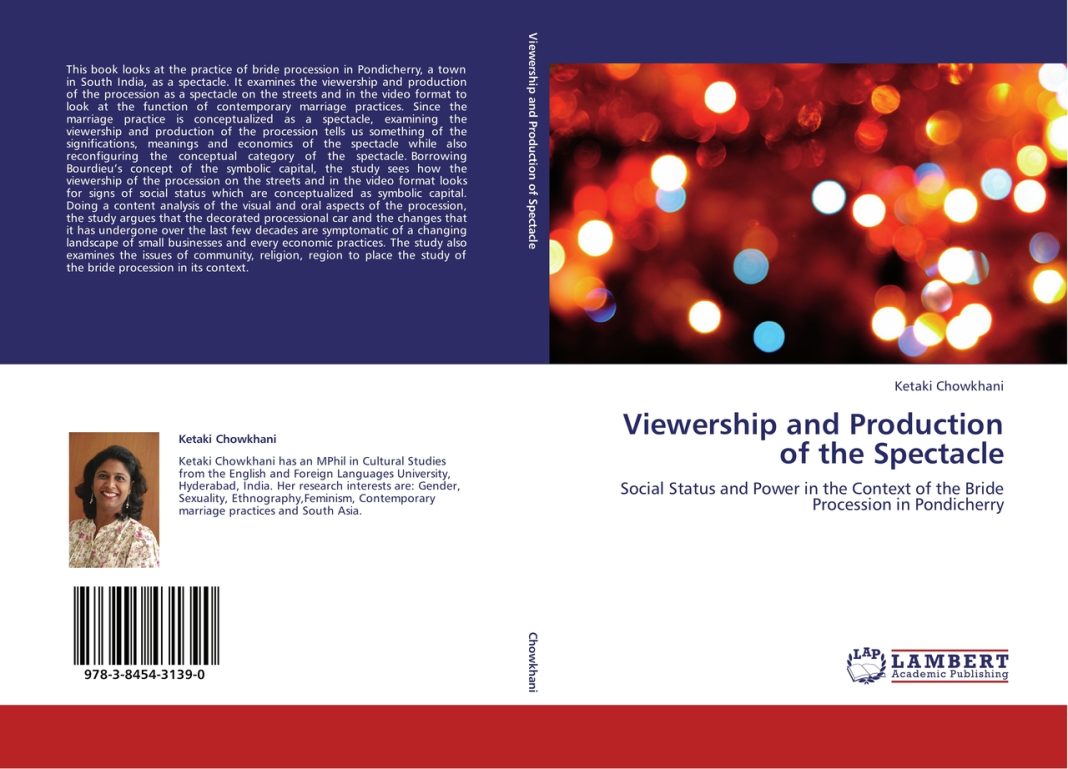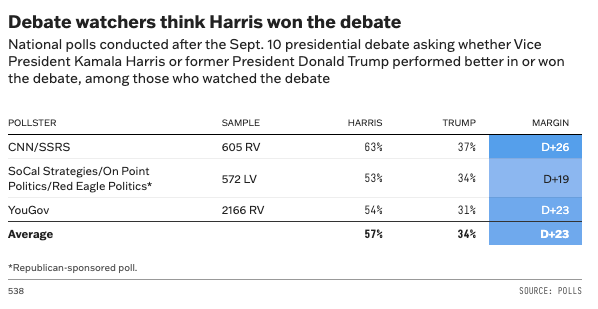Introduction:
During the recent presidential debate, Vice President Kamala Harris and former President Donald Trump engaged in a battle over their pro-Israel and anti-Iran credentials. This exchange highlighted the grim reality that regardless of who is elected president, the United States will continue to support violence and repression in the Middle East. While Harris expressed sympathy for Palestinians, her commitment to arming Israel undermines any hope for a change in policy. Additionally, both candidates emphasized their determination to use military power against Iran. However, what went unmentioned was the U.S. alliance with the Gulf petromonarchies, indicating a shared agreement between Trump and Harris on maintaining these relationships. This article explores the interconnectedness of U.S. military hegemony in the Middle East and the implications of the Trump and Harris campaigns’ stance on Israel and the Gulf monarchies.
The U.S.-Israel Alliance:
Harris’s repeated commitment to helping Israel “defend itself” through continued military support raises concerns about the future of Israel’s war in Gaza. By maintaining this stance, Harris lacks the leverage necessary to end Israel’s genocide of Palestinians. The U.S.-Israel alliance is a crucial component of U.S. military hegemony in the Middle East. It reinforces the relationships with the oil monarchies of the Gulf and the hostility towards Iran. Israel often pushes for U.S. conflict with Iran, as without it, Americans may question the necessity of the alliance. Therefore, Harris’s pro-Israel position aligns with the broader U.S. strategy in the region.
The Gulf Monarchies:
While the debate focused on Israel and Iran, the silence on the U.S. alliance with the Gulf petromonarchies is telling. This marks a shift from the politics of 2020 when Biden criticized Saudi Arabia’s government. The Trump and Harris campaigns likely agree on maintaining close alliances with Saudi Arabia and other oil monarchies, a policy that has caused immense harm to human life. These alliances have enabled Saudi Arabia and the UAE to use U.S. weapons in their war with Houthi rebels in Yemen, resulting in the deaths of thousands of civilians. Furthermore, these monarchies have consistently opposed democracy in the region.
The Biden-Harris Administration’s Foreign Policy:
The Biden-Harris administration has continued and expanded upon a core Trump foreign policy: the Abraham Accords. These agreements, which secured diplomatic recognition between Israel and several Gulf monarchies, marginalized Palestinians. Biden’s efforts to secure mutual recognition between Saudi Arabia and Israel would further erode Arab governments’ solidarity with Palestinians. This push for mutual recognition represents the ultimate Washington consensus and aligns with the conservative movement’s Project 2025 agenda. Ultimately, the presidential debate revealed the candidates’ similarity in maintaining U.S. military dominance in the Middle East and perpetuating the status quo.
Conclusion:
The presidential debate between Harris and Trump shed light on the shared commitment to U.S. military hegemony in the Middle East. While they clashed over pro-Israel and anti-Iran credentials, they both neglected to address the U.S. alliance with the Gulf petromonarchies. This omission suggests an agreement to maintain these relationships, despite their destructive consequences. The interconnectedness of the U.S.-Israel alliance, alliances with the Gulf monarchies, and hostility towards Iran solidifies U.S. military involvement in the region. The Biden-Harris administration’s continuation and expansion of Trump’s foreign policy further marginalizes Palestinians and perpetuates the status quo.


